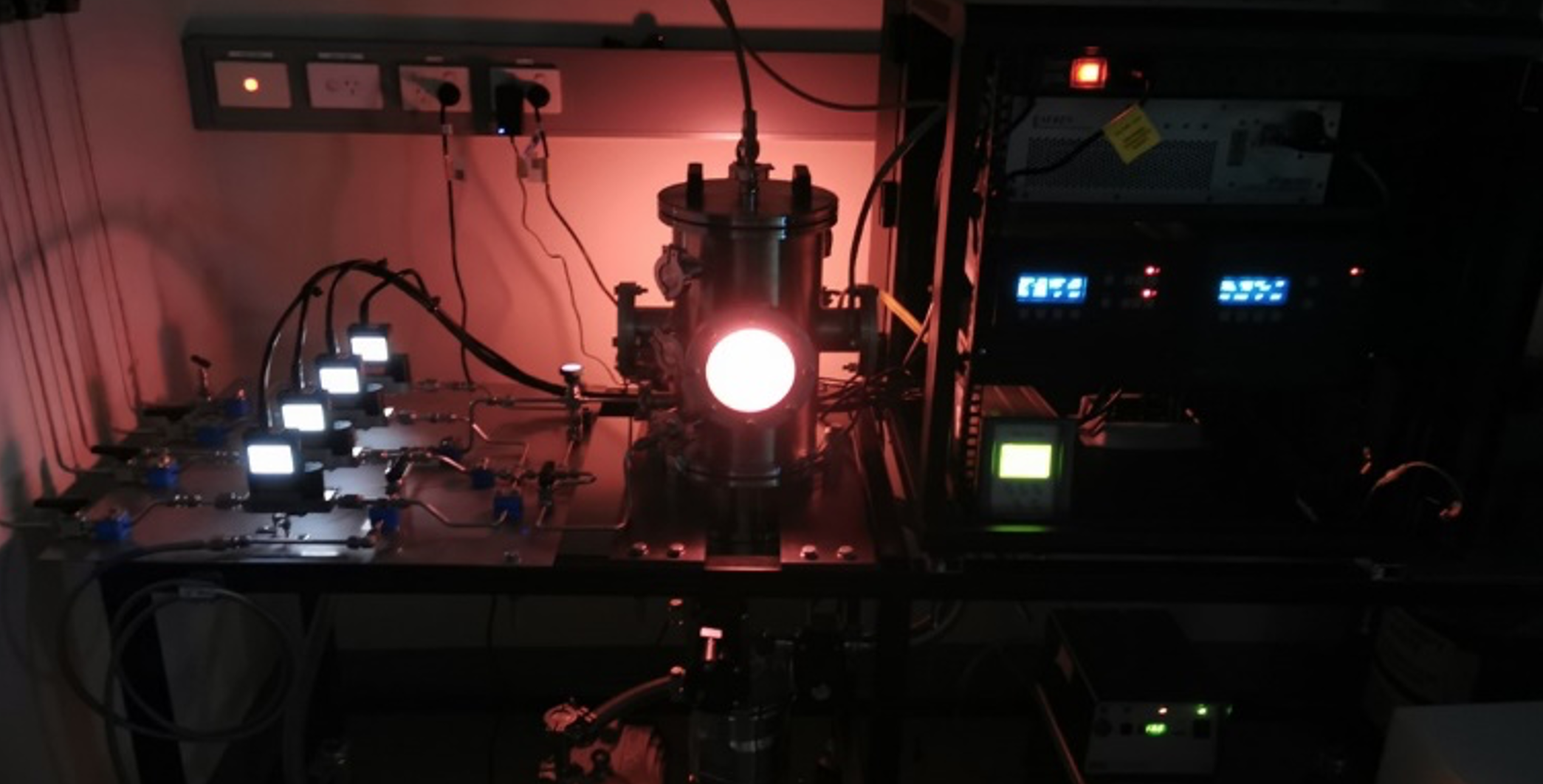Share
Dr Elysse Filipe has been running a cutting-edge project since 2020 to assess the efficacy of a novel type of nanoparticle that plays the role of a GPS in delivering chemotherapy drugs to breast tumours, taking the drug exactly where it needs to go.
This research project was the initial proof-of-principle study to assess the feasibility of a hyper-targeted treatment with a chemotherapy-loaded nanoparticle targeting the tumour site directly, thus reducing the side effects of whole-body chemotherapy, whilst increasing drug efficacy at the tumour site.
The support provided by the St Vincent’s Clinic Foundation has been instrumental in getting the study up and running

Transforming the treatment of metastatic breast cancer with a tiny particle
“By having these chemotherapy-loaded nanoparticles accumulate in the tumour, not only can we avoid all these side-effects caused by chemotherapy spreading throughout the whole body, but because it helps to increase the concentrations pecifically in the tumours, we can reduce the dose that’s required and minimise damage to healthy tissues. That’s the golden opportunity’ says Dr Filipe
These studies were critical in screening for the optimal chemotherapy binding parameters on triple-negative breast cancer cells in vitro.
Following this, Dr Elysse Filipe and her research team were able to proceed to animal studies where they assessed the efficacy of four different breast cancer targeting molecules.
The work undertaken in the pilot study was crucial to establish the feasibility of this project, which is being pursued further within the lab with the double objective to improve survival rates for women with metastatic triple-negative breast cancer and to offer life-changing treatment for women with primary breast cancer (cancer that has not spread).
St Vincent’s Clinic Research Foundation acknowledges the Gadigal and Bidjigal peoples of the Eora Nation as the Traditional Custodians of the land on which we stand, and we pay our respects to Elders past, present, and emerging.